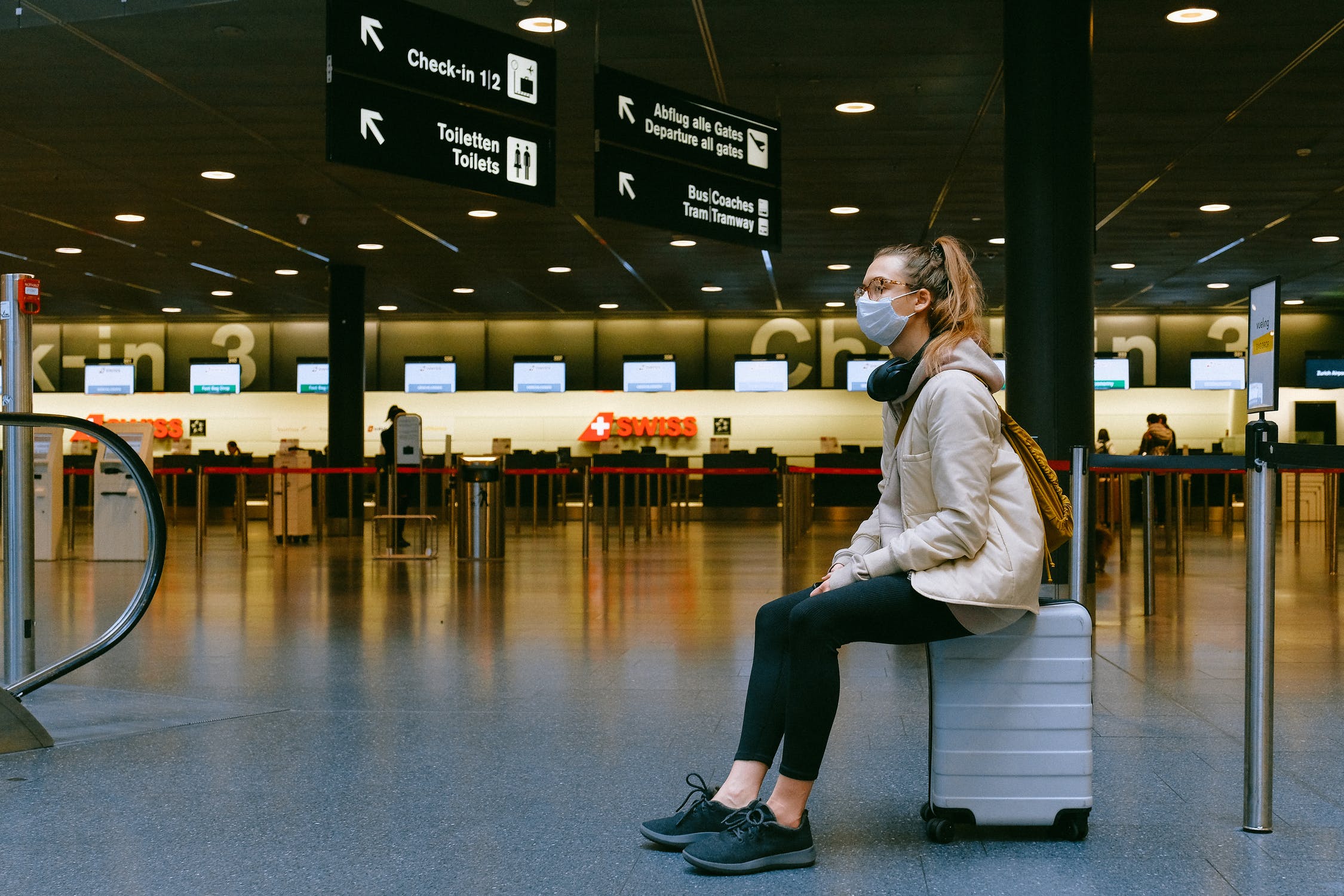How I spent my summer “vacation”

An acquaintance who was trying to make small talk asked me what I did on my summer vacation this year. My standard answer, all summer, has been, “Nothing good.” I didn’t do anything fun. I didn’t go anywhere interesting. Also true is that I wasn’t miserable all summer; I was distracted by the grim business of putting my deceased brother-in-law’s material possessions in their proper places. First his body. Then the contents of his apartment. Then his dog.
Family:
This summer had some quality time built into the tasks of doing the right thing for and with my husband’s family. We had some good moments with my in-laws. We benefited from the support of the extended Fischman family. We met and re-met some of my deceased brother-in-law’s friends.
This summer, Dennis and I had a weekend trip to see my family. My family came to my place twice. Because my family is not in mourning, there was some mismatch of tone and mood, and yet it was supportive to be around them.
Covid-informed travel:
We have been avoiding airports and airplanes since 2020. We needed to fly twice this summer: once to Maryland for a funeral, and once to empty an apartment in Ohio. Given the summer that American aviation is having, we had blessed travel. Of the four flights, the total delays added up to about an hour and fifteen minutes. Most of that was due to a thunderstorm delaying the flight before us for that plane. We got to Logan around 9:30 PM instead of 8:15.
We did not run into rental car shortages. Maybe we ran into a shortage of fuel-efficient cars. We got bigger, less gas efficient, cars than we would have liked. Most people consider that an upgrade; we don’t.
We did not run into under-stocked grocery shelves or lack of restaurants that had outdoor seating. Both hotel locations were in retail areas where we could walk to grocery and dining.
Extended and broken-up mourning:
The mourning process that I grew up with is rather brilliant. However, it is also maladapted to modern life. It also was changed by Covid in 2022.
The process for Jewish people is that the deceased is buried as soon as possible. Then the family gathers in the home of the deceased for a week (called “shivah”, which means “seven”). During that week, the community visits and stocks them with food for themselves and the guests who visit.
After that week, the mourners return to normal life, slowly. The first month of mourning has certain rituals for all mourners. Some continue for as long as eleven months depending on who died. The loss of a parent is the longest, since one has a finite number of parents. For a brother, it is one month.
Both times that my husband has lost a brother to death, we have traveled interstate to attend the funeral, then returned home in the middle of that first week. That is becoming a common practice since many adults do not live where their parents or siblings live. The ritual of shivah worked better when everyone lived in the same town or region.
2014: That funeral was in Pittsburgh. The extended Fischman family and longtime friends were available in the first week. We traveled, then finished the week in the supportive arms of our community in Massachusetts. We stayed with friends of the family, so we did not have to see many strangers, as one does in a hotel.
2022: That funeral was in Maryland. My mother-in-law lives in a nursing facility there. We visited with her for three days, then came home to our community. Because of Covid, there was a small lunch outside after the funeral. Then it was the three of us spending time together in the nursing facility for the next few days. It was quality time with my mother-in-law, but it was not a normal shivah time.
Because we did not have guests in our house, we did not need or want people to bring us food for more than the two of us. We were able to modify our requests for food using a food train. We were well fed, and we are grateful for not needing to think about how to get good food on the table.
The hotel we stayed at had a spa style. There was exercise equipment in the room and extra large mirrors, so guests could check their posture while exercising. In Jewish tradition, mirrors are covered during mourning. This hotel has extra mirrors! It was surprisingly disconcerting.
When we returned home, we did not give an open invitation to visit, as would normally be done. Instead, we had services in the evenings on Zoom. The advantage to this – beyond avoiding getting Covid – was that we Zoomed with our community while we were still in Maryland. We also were able to have out-of-state support throughout the week, albeit in two dimensions instead of three. This was strange, but it worked out well.
Meanwhile, at home:
This summer, my material life was going on around the edges of the grief-travel. I took almost no time off work. That’s another benefit/detriment of changes wrought in response to Covid. I did a major improvement project in my tenant’s apartment. I did some annual maintenance on my entire house. Of course, none of that went exactly as planned.
It’s been a summer. It just hasn’t been a summer where we saw a beach, or some mountains, or a lakefront, for a week.
